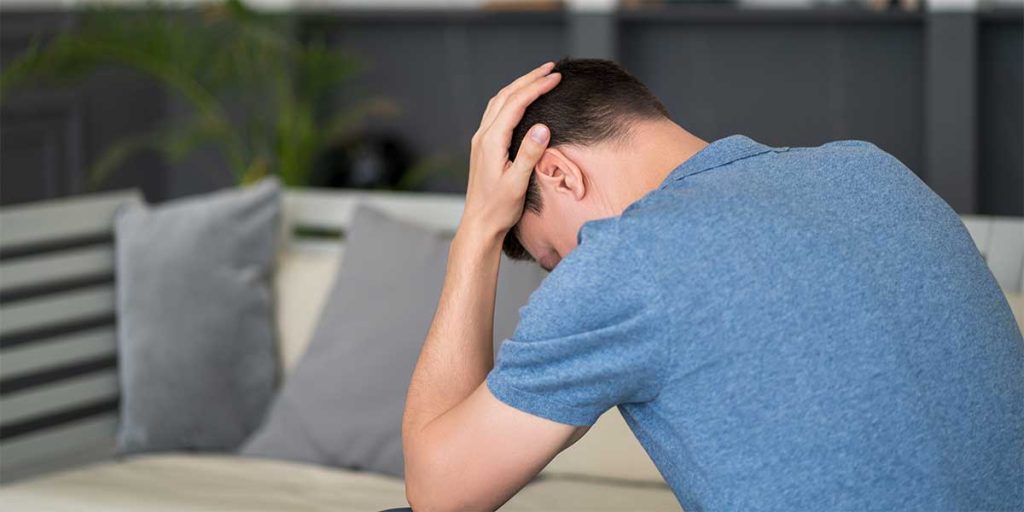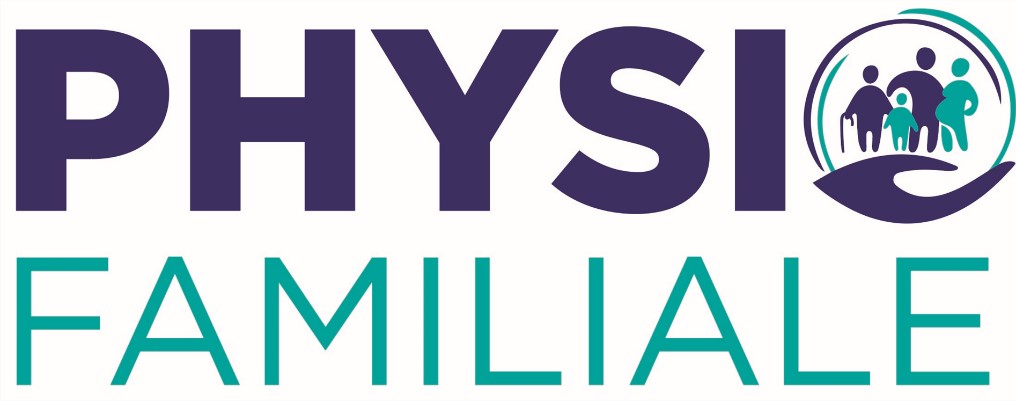Concussions
What is a concussion?
A concussion occurs when there is a direct or indirect impact to the head, causing a sudden movement of the brain inside the skull, which may result in brain injuries or disruptions to brain function. The impact can come from an external force directly to the head, or an external force indirectly to the neck, face, or any other part of the body, transmitting an impulsive force to the brain.
What are the signs and symptoms of a concussion?
- Headache
- Dizziness
- Difficulty concentrating
- Confusion
- Vision problems
- Sensitivity to light or noise
- Fatigue
- Nausea
- Vomiting
- Memory problems
- Loss of consciousness
- Loss of consciousness
- Anxiety
- Irritability
What are the consequences of a concussion?
How should a concussion be managed?
When a concussion is suspected following an impact or injury, it is recommended that the individual undergo a period of rest from physical, intellectual, and social activities, along with a monitoring period lasting at least 24-48 hours, and up to 72 hours depending on the case. During this time, special attention should be given to any symptoms that may indicate a more serious injury requiring emergency intervention.
While complete rest is essential, prolonged rest can also have undesirable effects, especially when there is a premature return to learning activities and sports.
For this reason, an athlete or anyone who has experienced a concussion may benefit from a thorough evaluation and management by a healthcare professional with expertise in concussion management.
Fortunately, we are here to help!

What to expect during our sessions
At the Physio Familiale clinic, we are dedicated to your rehabilitation and we offer care using the most updated technology and training.
Dans la prise en charge d’une personne ayant subi une commotion cérébrale, l’évaluation initiale dure généralement 90 minutes, et les rendez-vous subséquents durent généralement 45-60 minutes selon la complexité.
During the first session, we assess your physical condition, symptoms, and functional abilities to create a personalized treatment plan. In follow-up sessions, the physiotherapist will apply various therapies, prescribe exercises, and offer advice to support your recovery.
During follow-up appointments, the physiotherapist may apply various treatment approaches, prescribe personalized exercises, and provide relevant self-management advice and tools to improve posture, muscular stress, pain and your physical well-being.

"We offer a personalized approach to help individuals achieve their health goals in prevention, rehabilitation, and performance."
